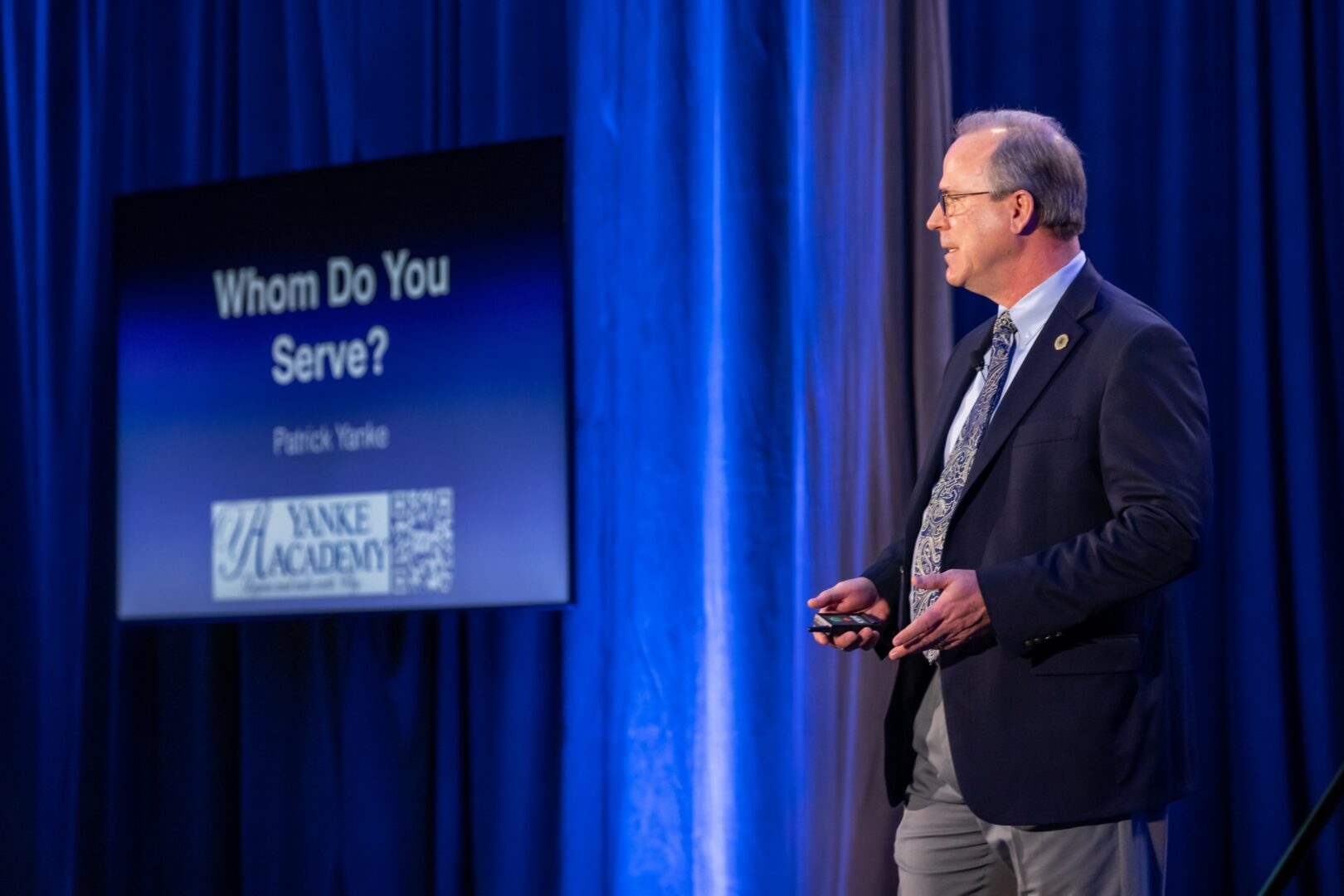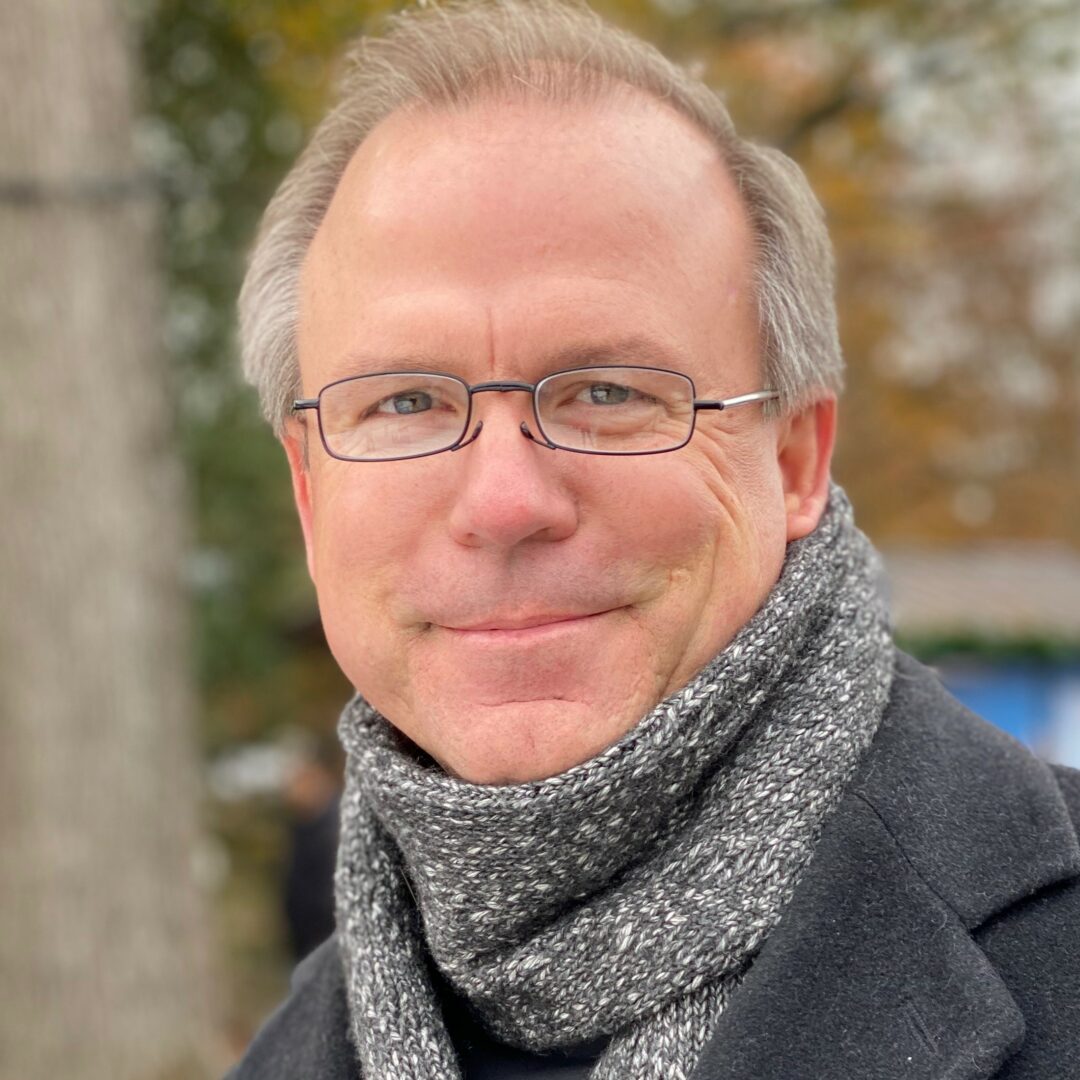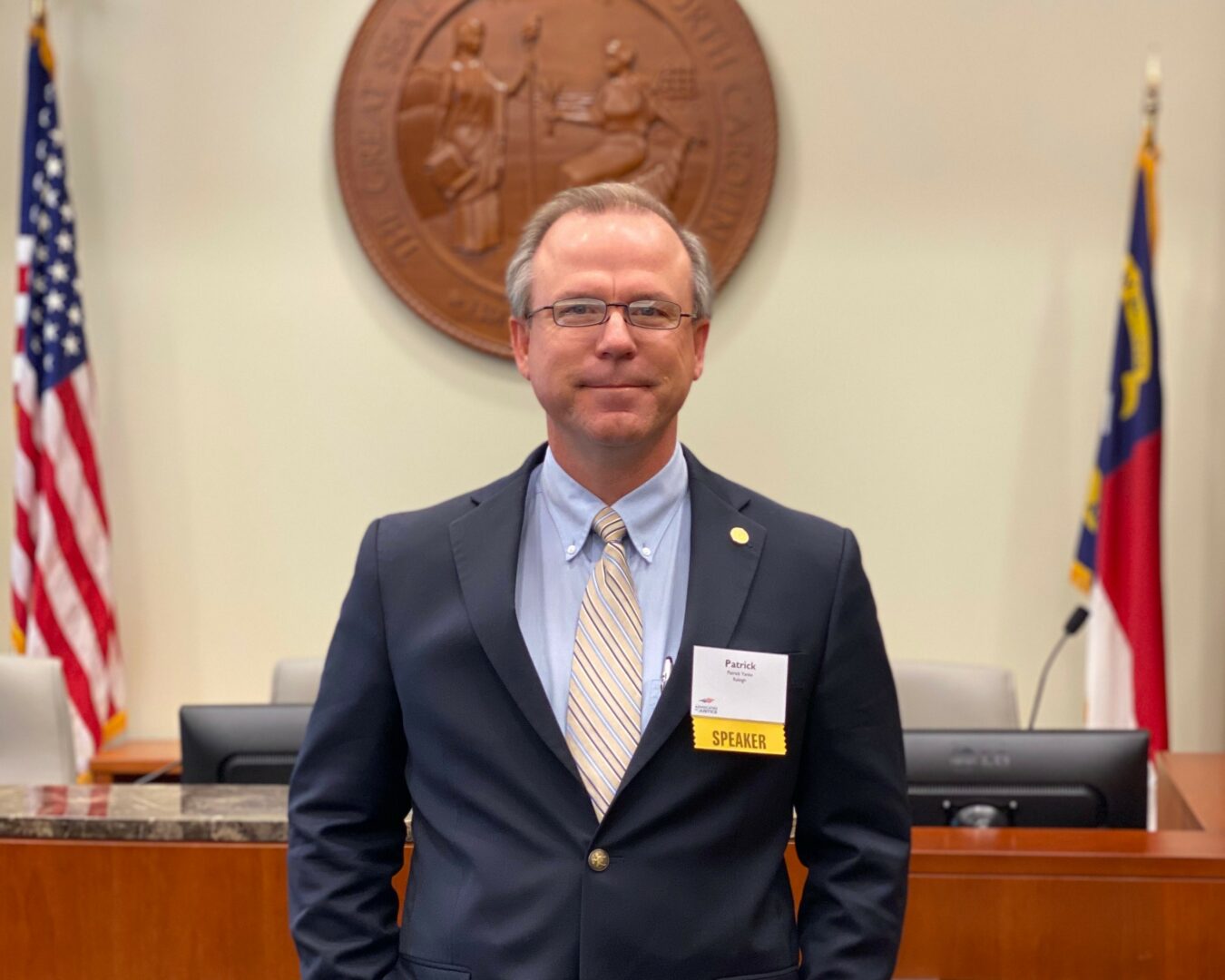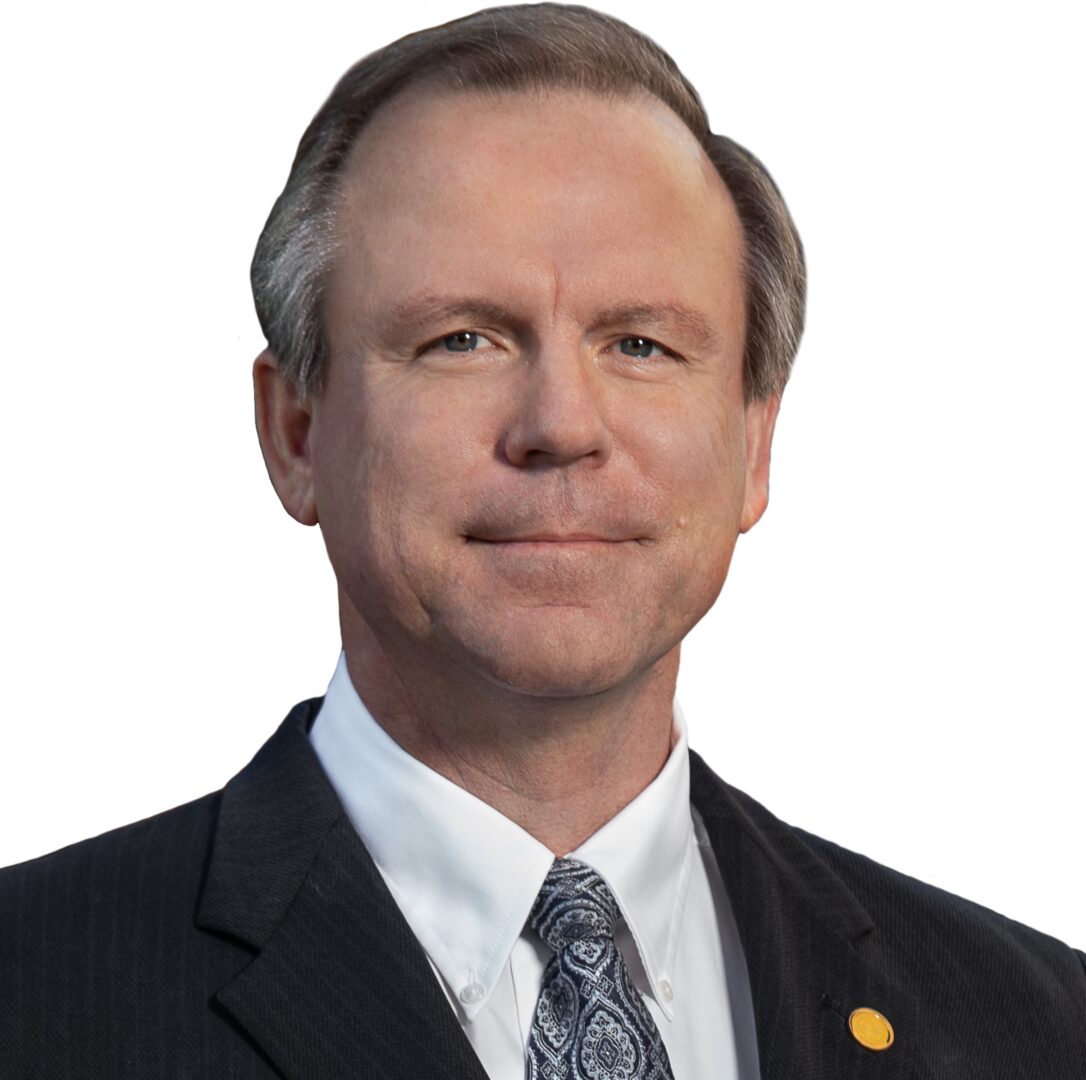We were lucky to catch up with Patrick Yanke recently and have shared our conversation below.
Patrick, so good to have you with us today. We’ve always been impressed with folks who have a very clear sense of purpose and so maybe we can jump right in and talk about how you found your purpose?
Very simply, I found it in faith.
We are made in the image and likeness of God (who is Love-personified) for communion with Him. That is our purpose and our goal. If we are to become one with Love Himself, we must learn to love as He does.
Ultimately, we are emotional beings. We have different intellectual and physical abilities but we all react to our world emotionally… even those most incapacitated. Our basic emotions are joy, anger, sadness, and fear. God uses these emotions to interact with us and we can understand each other through them. Through prayer, we orient our emotions on the God Who made us. Going deeper, even anger and sadness are subsets of fear. Our choices then are between love and fear. Fear is selfish and all about ourselves. Love is focused the greatest good we have to give God and our neighbor.
This understanding leads to a discussion of the virtues and how to put them in practice. We are called to model virtue in our lives. “And if any one loves righteousness,/her labors are virtues;/for she teaches self-control and prudence,/justice and courage;/nothing in life is more profitable for men than these” (Wis 8:7). These four cardinal virtues (temperance, prudence, justice, and courage) and all other virtues are centered on love. “And over all these virtues put on love, which binds them all together in perfect unity.” (Col 3:14).
My purpose is practice the virtues in my life and teach others to do the same… love in practice.

Thanks for sharing that. So, before we get any further into our conversation, can you tell our readers a bit about yourself and what you’re working on?
My writing is primarily about matters of faith and morals. My book, The Personal Rosary, is a work of devotion to teach people to view the Rosary not as a repetition of rote prayers but as a means for learning to love. As the body of Christ at work in the world, the Church as a whole and Her members individually, we don’t just meditate on the mysteries of Christ and His mother, we are to live the mysteries in our own lives. This work is about living the cardinal virtues in the model of our Lord. It is available on Amazon and through my website: www.thepersonalrosary.com.
My speaking goes in two directions with a common denominator. On one hand, I speak on servant leadership. On the other, I speak on the Rosary. The common denominator is the cardinal virtues. The servant leader seeks to serve the mission and the people. Our best example is Christ. There are other examples for a secular audience… but the same virtues. When I speak on the Rosary, I expound on what I wrote above as background on living the mysteries of the Rosary. My speaking website: www.yankeacademy.com.
To help with the above, I also have an app for The Personal Rosary on Android and Apple.
Looking back, what do you think were the three qualities, skills, or areas of knowledge that were most impactful in your journey? What advice do you have for folks who are early in their journey in terms of how they can best develop or improve on these?
I developed a love for public speaking at an early age. One of my early engagements was as the MC for my elementary school talent show. This skill has served me through my prior service as an officer in the USAF and in my current day job as a certified financial planning practitioner. I set up Yanke Academy as an outlet to speak on subjects I find interesting such as faith, morals, and a practice of the virtues.
Along the same lines as the above, I love to teach. I have a skill for explaining complex issues in an understandable way. Empathy and mutual respect are key to the education process. This is one of my favorite parts of my day job and my speaking career.
Lastly, I truly make a practice of the cardinal virtues–love in action. I try to find ways to help and encourage others and to make a difference where I can. This is key to my success. I am not trying to appear to be sympathetic, I truly want to help.
My advice? Find a passion for a practice of the virtues. The commandments to love God and neighbor compel us to look for ways to give of our time, talent, and treasure in service to others. Make the decision to love in big and small ways. This is the antidote to fear which holds us back, paralyzes us, and makes us see the world through our own selfishness desires.

Before we go, maybe you can tell us a bit about your parents and what you feel was the most impactful thing they did for you?
I would have to say it was instilling in us a sense of independence. My father was a police officer and my mother was a doctor–both worked in shifts. It wasn’t uncommon for us to get ourselves ready for school in the morning, ride our bikes to and from school, and take care of ourselves in the evening until one of them arrived. This was before ten years old.
From this, I learned that there is very little beyond my capabilities. I find ways to overcome obstacles and meet challenges in all areas of my life. I see difficulties as opportunities to learn and grow.
Contact Info:
- Website: https://www.yankeacademy.com
- Facebook: https://www.facebook.com/yankeacademy
- Linkedin: https://www.linkedin.com/company/yanke-academy-llc
- Twitter: https://x.com/PatrickYanke
- Other: https://www.thepersonalrosary.com

so if you or someone you know deserves recognition please let us know here.




